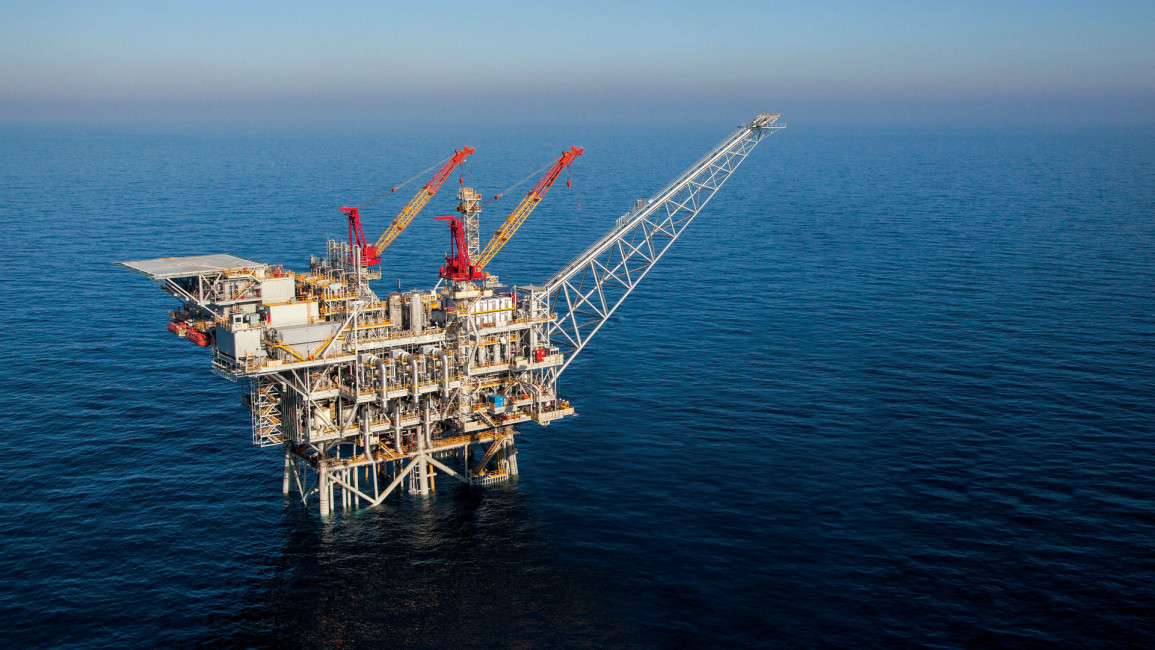Saudi Arabia would rather buy natural gas from Israel than from neighbouring gas-rich Qatar
The discussions mark the latest sign of warming relations between the two nations, which do no share diplomatic ties.
Saudi Arabia and Israel have discussed building a gas pipeline to link the kingdom to the Israeli Red Sea port city of Eilat, former Netanyahu cabinet member Ayoob Kara told Bloomberg citing senior officials in the region.
The discussions also include linking Saudi Arabia to the Eilat-Ashkelon pipeline in Israel, allowing the kingdom to export its oil to Europe and other markets while avoiding the Strait of Hormuz, where Saudi Arabia and the United States have accused Iran of carrying out attacks on oil tankers.
Such a project would likely be targeted by substantial political blowback across the region.
A controversial but lucrative natural gas deal between Jordan and Israel - which have had diplomatic relations since the 90s - was subject to years of mass protest, with critics claiming the kingdom buying the "enemy's gas" amounted to "occupation".
Despite lacking formal ties, Israel and Saudi Arabia, among other Gulf nations, have reportedly conducted a swathe of backdoor talks over the past year.
For the kingdom and its allies in the Gulf, Israel's shared enmity with Iran may trump the powerful and popular anger over an Arab state normalising ties with Israel.
Formalising such an alliance, however, could be hard to achieve.
While dissent is infamously hard to vocalise in Saudi Arabia, normalisation with Israel could prove incredibly unpopular.
Resistance against the idea led more than 2,000 citizens from various Gulf countries to sign a petition "to stop all forms of normalisation with the Zionist entity".
Kara, a former minister of communications and advisor to Netanyahu on Israel's relations with Arab countries, was one of the few Israeli officials to appear publicly in a Gulf state in the past year.
Saudi Arabia and other Arab nations now only pay the Palestinian cause "lip service", he said, adding that the desire to counter Iran was leading much of the Gulf to pursue economic and military ties with Israel.
"All they care about is the security and future of their countries," the former minister said.
He added: "This is about mutual interest."
The project may seem far-fetched to some, but Saudi Arabia's Aramco plans to invest $160 billion in natural gas developments over the next 10 years. With more than 80 percent of Israel's largest reservoir open to buyers, the kingdom may find a solution for its energy needs.
Representatives of the Israeli and Saudi energy ministries did not respond to requests for comment by Bloomberg.
Israel will begin exporting natural gas to Egypt in November, Israeli Energy Minister Yuval Steinitz said last week.
The deliveries will mark the start of a $15 billion export agreement between Israel's Delek Drilling and an Egyptian counterpart.
Follow us on Twitter: @The_NewArab



